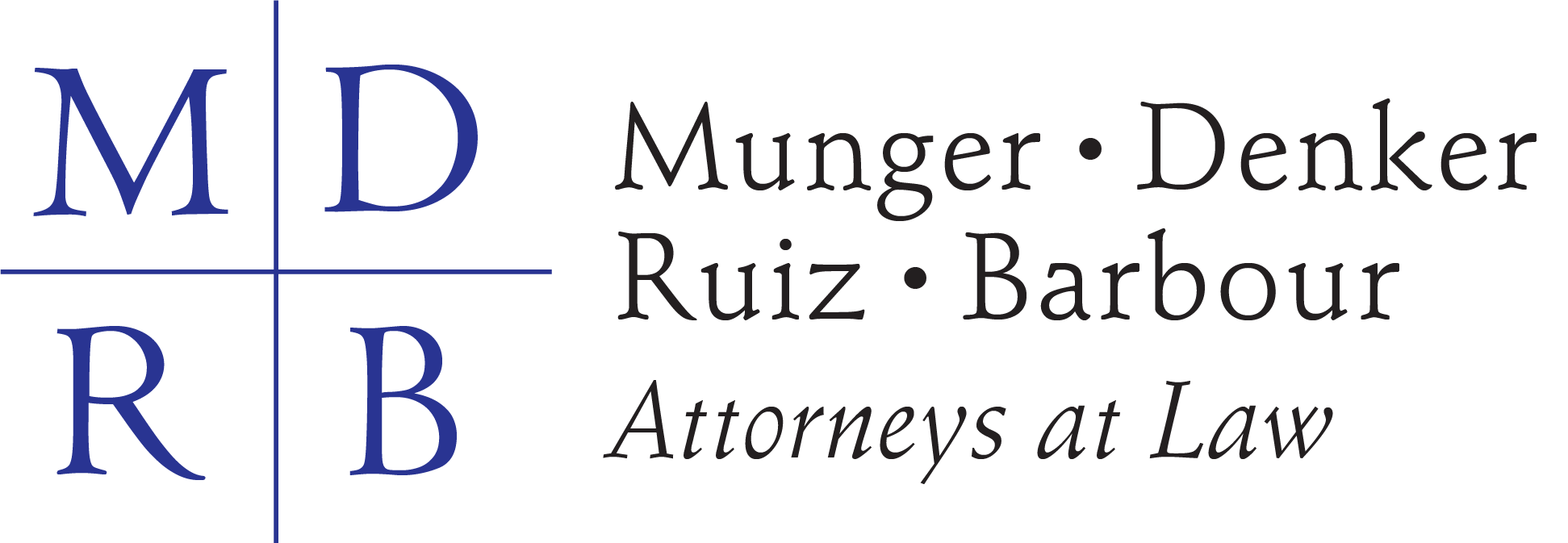
Safeguarding Your Interests in Arizona Probate Court
What Is Probate Court?
A probate court is one that has authority or jurisdiction over all cases involving wills, trusts, estates, and guardianships.
When a person dies, his assets may pass automatically through the use of a trust, beneficiary designation, or other non-probate transfer. Other assets, however, do not transfer automatically and remain titled in the name of the person who has died. These assets that do not automatically transfer to others become what is called the deceased’s “estate.” In order to gain access to these assets so that they may be distributed to heirs, an individual must file an application or petition with the probate court asking to be appointed as the personal representative (often called the “executor” outside Arizona) of the decedent’s estate. The personal representative then is granted the authority to act on behalf of the estate and may collect and distribute assets. But, the administration of the estate must done according to the terms of a will or, in the absence of a valid will, by statute.
A common tactic to avoid having to ask the court for the authority to manage the affairs of an estate is through the use of a trust. Property may be transferred by an individual (called the “trustor” or “grantor”) to a trustee to be held for the benefit of a third party. Under this scenario, when the trustor passes away, the trustee already has been granted the authority to transfer the assets held in trust without seeking authority from the probate court. The trustee may then distribute to the beneficiaries according to the terms of the trust.
But what happens if an heir, beneficiary, creditor, or other party with an interest in an estate or property held in trust believes that assets are not being distributed in accordance with the will or trust? Often such disputes will lead to filing a lawsuit in the probate court.
Common Causes of Probate Litigation:
Challenges to the Validity of a Will or Trust
Probate litigation often arises when there is a challenge to the validity of a decedent’s will or trust. Such disputes often are based on one or more of the following claims:
Lack of Capacity. If a person makes a will or trust at a time when that person is in an incapacitated mental state, such that the person does not know what he or she is doing, then the will or trust is not valid.
Undue Influence. If someone uses threats, trickery, or some other tactic that causes a person to make a will or trust that does not reflect his or her own true wishes, then a court may declare the will or trust invalid.
Exploitation. A court may order that a person is not entitled to inherit property from a decedent whom the person exploited or abused during the decedent’s lifetime — even if the decedent did not lack capacity at the time the will or trust was drafted, and even if the will or trust was not the product of undue influence.
Lack of Formalities. By statute, wills and trusts must include specific formalities and be executed in a particular manner. If a will or trust does not meet specific requirements, it may be invalidated by a court.
Challenges to the Conduct of the Personal Representative or Trustee
The law places strict obligations on personal representatives and trustees, which are called fiduciary duties. These duties include the responsibility to act in the best interests of beneficiaries. There are very serious consequences for those who have been found to have violated those fiduciary duties, and a claim that a personal representative or trustee has breached their duties must be taken very seriously. The penalties for a breach of fiduciary duty may include double or triple the amount of actual damages, and disqualify an individual from continuing to act as the personal representative or trustee.
Creditor Claims against the Estate or Trust
In some cases, third parties may be entitled to claim that the assets in the decedent’s estate or trust are owed to those third parties — either because the decedent incurred a debt or other obligation to the claimant during his lifetime, or because the claimant provided goods or services that benefitted the estate after the decedent’s death. Litigation may ensue if others with an interest in the estate dispute those claims.
What to do If You Need to File a Claim or Mount a Defense to a Claim
If you find yourself involved in any of the above disputes or need to assert your own claims against a personal representative or trustee, it is critical that you have experienced legal counsel who can assess the situation quickly and provide professional advice on how best to resolve the matter, and if litigation is unavoidable, you will need zealous trial counsel. The attorneys at Munger • Denker • Ruiz • Barbour will ensure that you receive the absolute best representation possible. Call today if you need more information.Latest Posts
Quiet Title
Normally, it is simple to determine who is the lawful owner of real property: Whoever is listed on the last deed recorded with the county recorder’s...
Quiet Title
Safeguarding Your Interests in Arizona Probate Court
What Is Probate Court? A probate court is one that has authority or jurisdiction over all cases involving wills, trusts, estates, and...



